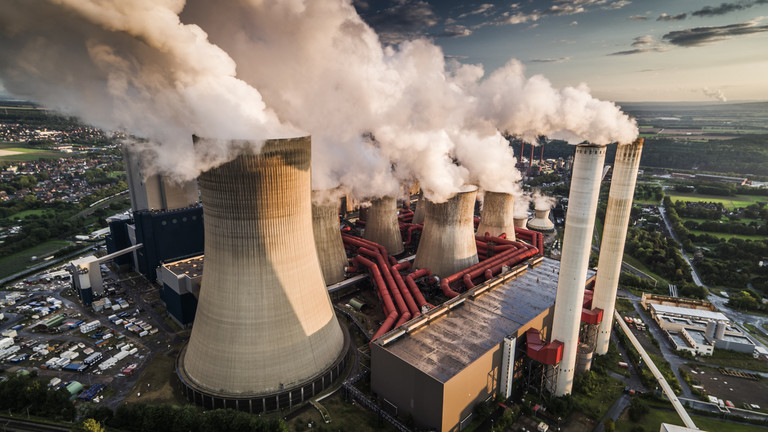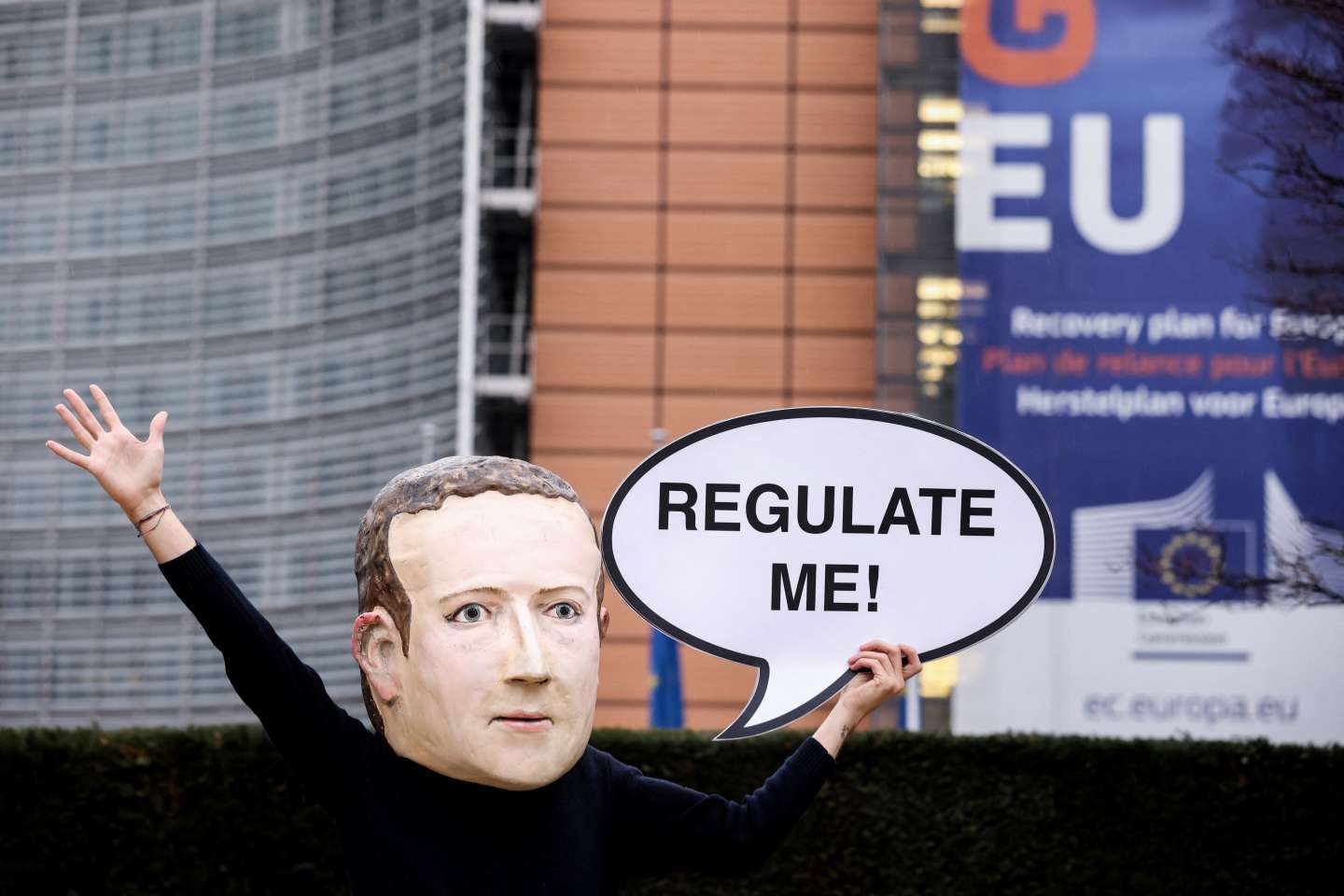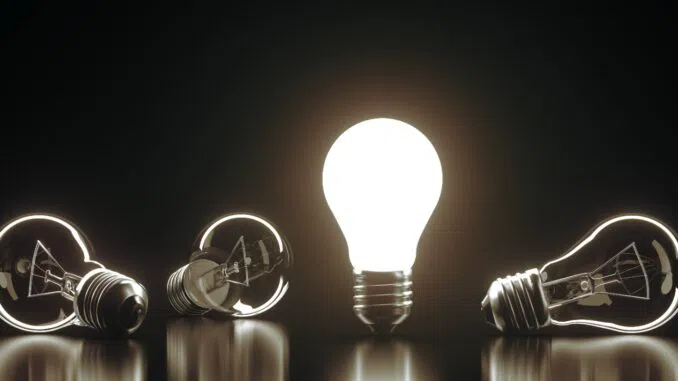Germany is embarking on a bold journey to secure its energy future with a hefty investment of EUR16 billion allocated for the construction of four cutting-edge gas-fired power plants. This strategic move comes in the wake of decommissioning nuclear reactors, as announced by the Economy Ministry in a recent statement.
Transitioning Towards Sustainable Power Generation
The decision is a pivotal part of Germany's extensive overhaul of its energy infrastructure, aiming to ensure a seamless transition towards sustainable power generation. These new gas-fired facilities are not merely conventional power plants; they are designed to evolve, with plans in place for conversion to hydrogen-based operations between 2035 and 2040. This forward-thinking approach aligns with Germany's commitment to reducing carbon emissions and embracing renewable energy sources.
Addressing CApacity Expansion and Market Dynamics
German officials have outlined a market-driven capacity-boosting mechanism set to enhance power generation capabilities by 2028. With a combined capacity of up to 10 gigawatts (GW), these plants will complement the ongoing expansion of renewable energies. They are poised to play a crucial role in ensuring stable electricity supplies, particularly during periods of low solar and wind energy production.
Industry Collaboration and Urgency
Key players in Germany's energy landscape, such as the utility company Uniper, are poised to be integral to this ambitious endeavor. Uniper has expressed relief at the decision to proceed with the contstruction, emphasizing the urgent need for swift action. Recognizing the lengthy approval processes and construction timelines involved, stakeholders are eager to commence the development of power plants and storage facilities without delay.
Navigating Energy Transitions Amidst Geopolitical Shifts
Germany's energy transition takes on added significance amidst geopolitical shifts, such as the decision to nationalize the local subsidiary of a Russian energy giant. This move underscores the country's determination to reduce reliance on fossil fuels, especially in light of past dependencies on Russian gas imports.
Challenges and Ambitions
Germany's journey towards a greener future is not without its challenges. Despite ambitious targets, such as a 65% reduction in greenhouse emissions by 2030, the country faces obstacles in the form of protracted energy crises and shifting political landscapes. Reports indicate that the transition to renewables may be slower than anticipated, highlighting the need for concerted efforts to prioritize sustainable energy initiatives.
In conclusion, Germany's investment in gas-fired power plants marks a significant step towards a more resilient and environmentally conscious energy sector. By embracing innovation, collaboration, and adaptability, Germany is positioning itself as a leader in the global energy transition, paving the way for a brighter and more sustainable future.
Free Speech and Alternative Media are under attack by the Deep State. Chris Wick News needs your support to survive.
Please Contribute via GoGetFunding



